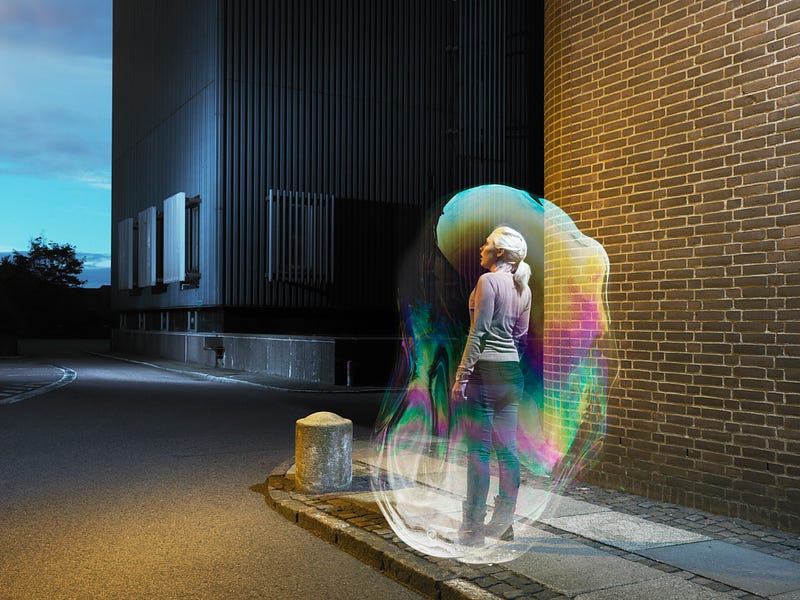Links for April 30, 2023
What to Read
🤑 Why the Super Rich are Inevitable — The Pudding
Part article, part interactive game, The Pudding's beautifully illustrated exploration of wealth inequality explores the mathematical basis for the emergence of the ultra-wealthy class.
A few decades ago, physicists got involved in studying inequality. They normally study the physical world – like how two balls might interact when they hit each other. But they started using their methods to study economics – a field now dubbed econophysics. Instead of looking at how two balls interact, they looked at how two people might interact in a transaction, and then modeled how that might play out on a large scale. This helped them model wealth distribution.

📲 The Illusion of a Frictionless Existence — Kat Rosenfield
Kat Rosenfield shares a thoughtful reflection on the rise of young people's sense of fragility:
For 10 years between 2009 and 2019, I authored a teen advice column. At first, the problems being sent to me were more or less the same ones I struggled with during my own high school years: bullying, crushes, the desperate yearning to be your own person (or at least, to figure out who that person was). But a few years in, something changed, and the letters began to be imbued with a strange fearfulness—of awkward situations, of ordinary social conflicts, of having to hear, or articulate, the word “no.” Amid all this, there was one phrase that popped up, repeatedly, verbatim: “I shouldn’t have to feel uncomfortable.”
At the time, I thought this was remarkable. And I thought: Oh, but you should. You do. You must.

H/t to my dad for sharing this with me.
🚢 Low Background Steel — Hackaday
In addition to giving rise to the a-bomb and nuclear-powered pacemakers, the Atomic Era also increased the level of background radiation in Earth's air.
This in turn made steel produced since 1945 more radioactive. And since certain instruments are too sensitive to use this newer steel, a market emerged for older steel.
So where do you get steel that was made before 1945 and hasn't been recycled and mixed into newer radioactive steel? Ships at the bottom of the ocean.

Tweet of the Week
Why do most marriages end up in divorce or cold war? Why do most businesses die from suicide and not homicide? Why do we struggle to form and maintain life-long friendships? Why has there been a dramatic rise in anxiety, depression, and deaths of despair?
— Brent Beshore (@BrentBeshore) April 17, 2023
Alain de Botton… pic.twitter.com/rZmCVy7u1Z


